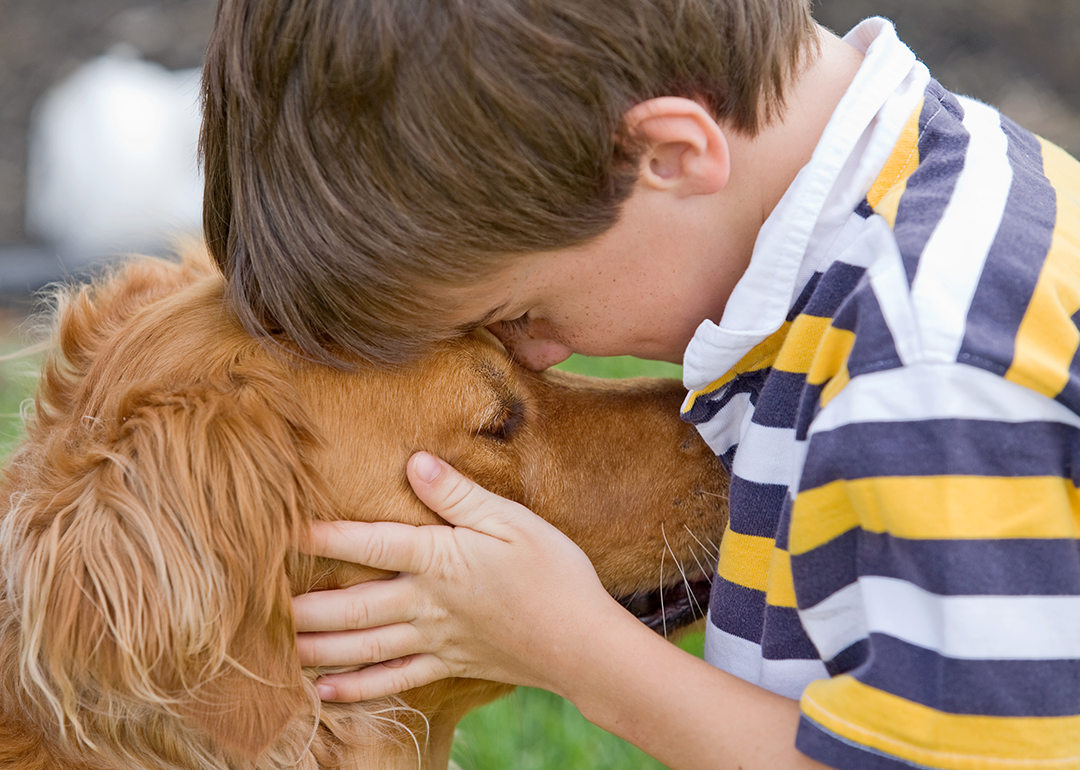5 unexpected ways service and emotional support dogs improve and save human lives
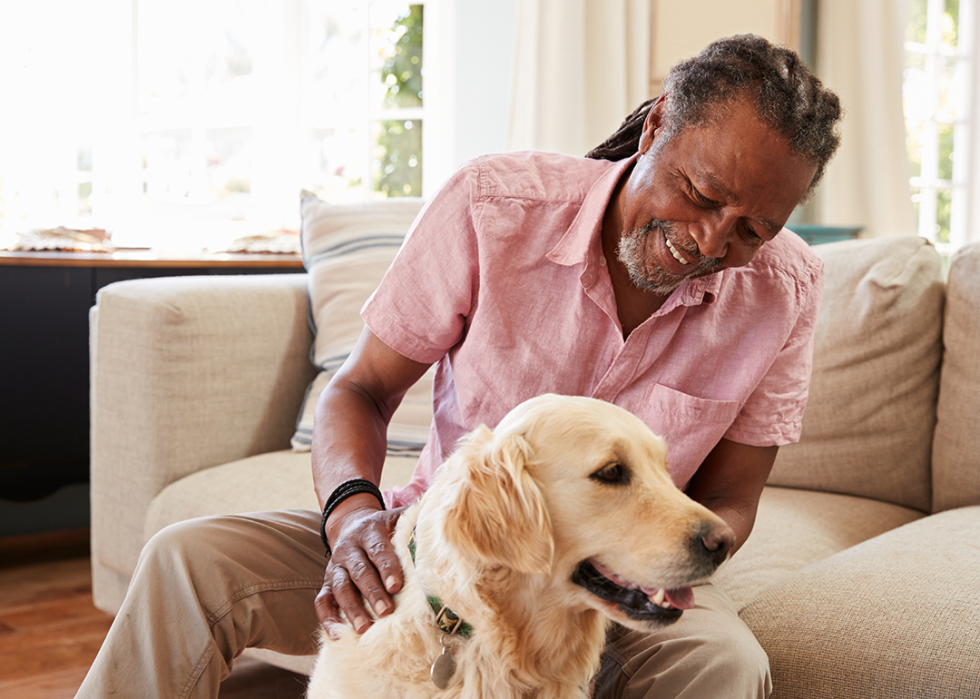
Children with autism or developmental conditions face an array of highly personal challenges. NEADS World Class Service Dogs, based in Princeton, Massachusetts, selects and trains dogs that are particularly good with children. It also aims to match these youth with dogs that best suit their individual needs and personalities.
For example, a child who struggles with moving from one activity to another could exercise the dog to ease the transition; while a child who struggles with socializing or speaking may benefit most from a dog that would elicit predictable questions from inquiring adults that a child could practice answering. After a comprehensive training process for the dog, families spend one to two weeks on the organization's 18-acre campus learning to live and work with their new service companion. Other organizations that train dogs to serve children with autism or developmental disabilities include Little Angels Service Dogs.
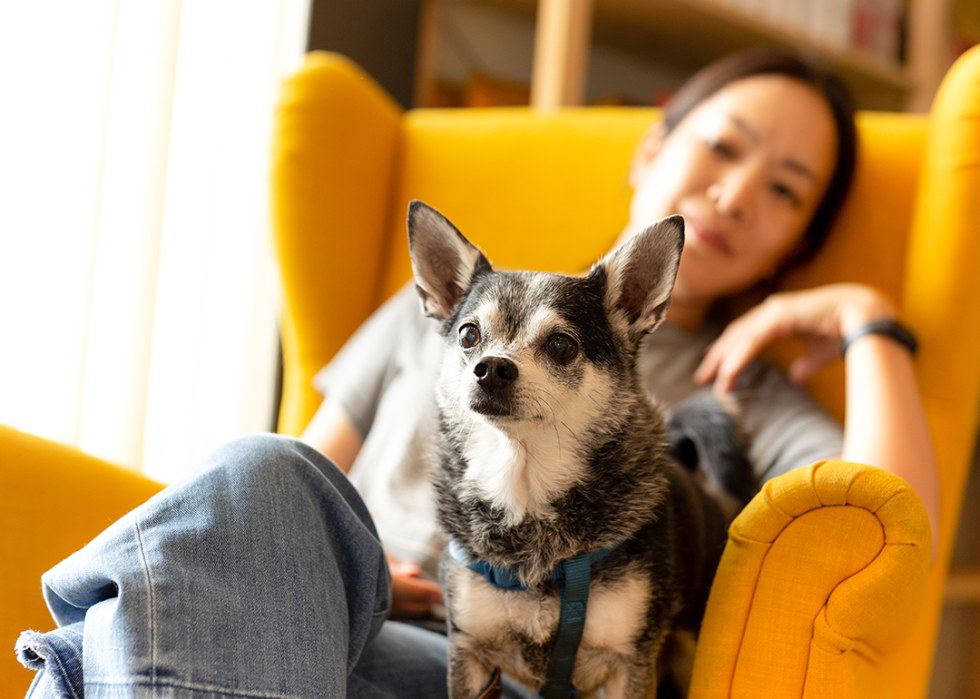
The Freedom K9 Project is an organization established specifically to serve survivors of sex trafficking and domestic abuse who developed post-traumatic stress disorder. While service dogs have long been used to aid veterans' PTSD recovery, they offer substantial benefits to sufferers of other types of trauma as well.
Given that one of the major symptoms of PTSD is hypervigilance, the companionship of a loyal dog can help the individual feel less vulnerable when navigating the world. Because the dog relies on its human to provide food and exercise, its natural needs can spur its owner to develop structure and routine as well. The organization has also developed a partner network, the Freedom K9 Coalition, to further expand access to PTSD service dogs.
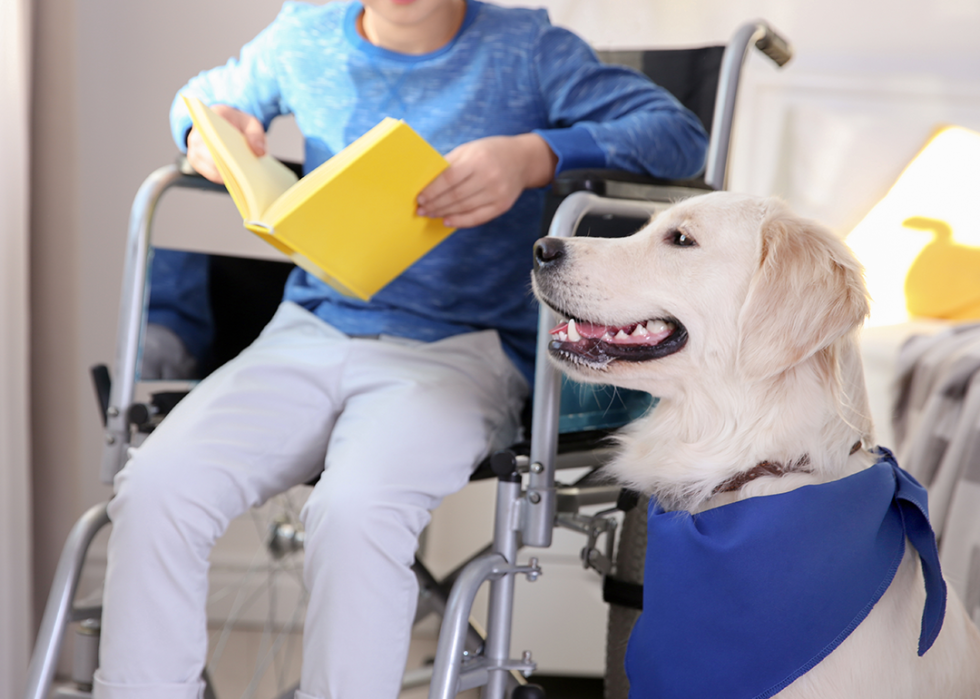
Intermountain Therapy Animals, based in Salt Lake City, has pioneered the concept of animal-assisted education since it established the Reading Education Assistance Dogs program, aka R.E.A.D program, in 1999.
Children who become frustrated or stressed while reading out loud may find it easier to read to a nonjudgmental and fluffy friend. It also helps kids build a more positive relationship with reading, especially for those who have struggled beforehand. A review of research about dogs, children, and cognitive performance from Canterbury Christ Church University suggests that the presence of a dog can enhance children's cognitive performance by helping ease anxiety and stress.

Food allergy rates and hospitalizations due to anaphylaxis are each on the rise. Allergen Detection Service Dogs is at the forefront of enlisting dogs to help combat the growing challenge.
The Colorado-based organization was founded to train dogs to detect allergens such as peanuts but has since successfully trained dogs to detect other allergens including gluten and latex. After training in scent detection, these service dogs are able to alert owners to potential traces of their allergens in the environment. However, allergen detection dogs are not yet able to identify signs of anaphylaxis onset per the organization.
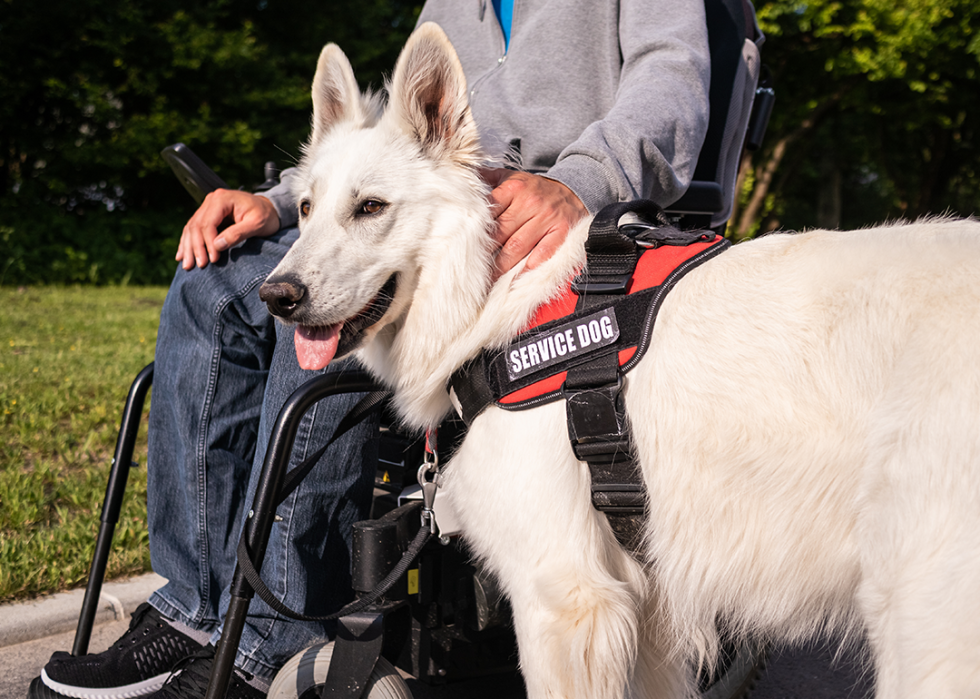
Warriors Heart is an organization with locations in Texas and Virginia dedicated to providing military veterans and first responders with treatment services for conditions including substance use disorder, PTSD, and mild traumatic brain injuries. Substance use and PTSD frequently concur: according to the Department of Veterans Affairs, 20% of veterans with PTSD also have SUD. Additionally, VA estimates that more than half of veterans could potentially have substance abuse disorder.
The program has facilities to house up to 22 service dogs who don't have homes or are in need of a new service assignment and trains them to specifically meet their handler's needs spanning nightmare interruption to simply establishing a routine. Upon completing their treatment program, patients are given the opportunity to adopt the dog that they have bonded with, now called their "battle buddy."
Story editing by Carren Jao. Copy editing by Lois Hince.
